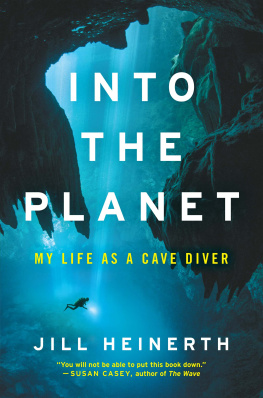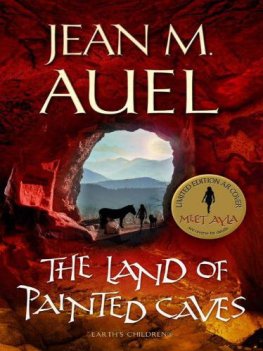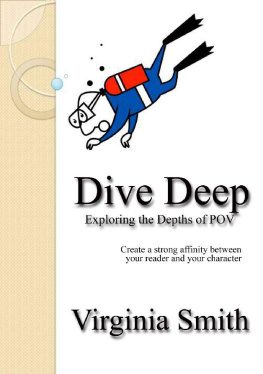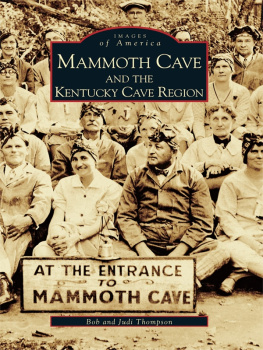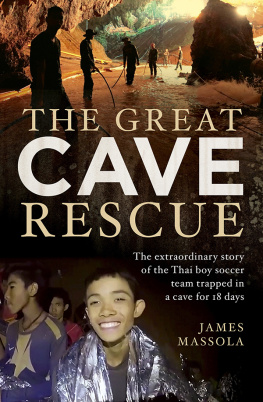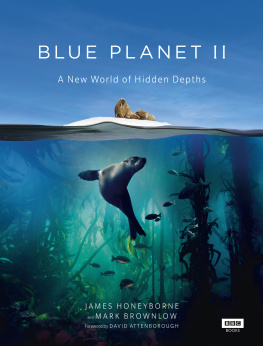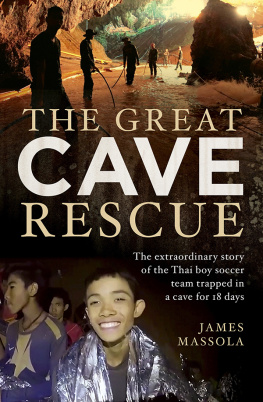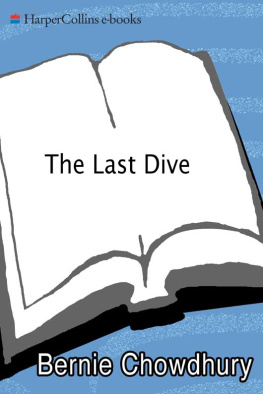One sentence into the phenomenal life story of Jill Heinerth and youll be hooked. Be prepared for a wild, wonderful, and deeply inspiring journey into places few people get to know, let alone experience. Into the Planet is a beautifully crafted memoir that inspires us all to defy limits imposed, connect us to this precious planet, and follow our passions in life.
Clara Hughes, six-time Olympic medalist and author of Open Heart, Open Mind
Into the Planet is a breathtaking thrill ride into a deeper world that exists within this one. Few people have witnessed the sublime beauty of labyrinthine underwater caves or the inside of an icebergto venture in for even a glimpse is to put your life at riskbut Jill Heinerth knows these realms intimately. Her courage and heart are as evident in her writing as they are in her groundbreaking explorations. You will not be able to put this book down.
Susan Casey, author of The Wave: In Pursuit ofthe Rogues, Freaks, and Giants of the Ocean
Every form of extreme endeavor produces a pre-eminent practitioner: Messner in mountains, Honnold on rock, Ballard in oceans. As Into the Planet eloquently demonstrates, for cave diving it may well be Jill Heinerth. Her newest book chronicles, in chiseled prose, a lifetime pursuing science and discovery in explorations most lethal and least forgiving discipline. Time and again, Heinerth has ventured into realms where mishaps can, quite literally, take your breath away. Just reading about her exploits can do the samehappily with less final results. And there is this: like all cave divers, Heinerth operated in the overhead environmenta ceiling of solid rock. Unlike them, she had to break through another overhead environment that was, if less deadly, certainly more insidious: a glass ceiling of gender-based prejudice and animus. The fact that she prevailed against both makes her exploits even more remarkable and her story all the more compelling.
James M. Tabor, award-winning author of Blind Descent and Forever on the Mountain
I can guarantee you one thing: Jill Heinerth will not look back on her life with any regrets about a lack of bravery or passion. In this gripping, life-of-gusto story, we plunge into Heinerths eccentric world of death-defying caves, and into her inner sanctum forged by the thrill of discovery. I read wide-eyed, page after page.
Diana Nyad, long-distance swimmer and author of Find a Way
By turns terrifying, exhilarating, and inspirational, Into the Planet celebrates the fine madness of deep-sea cave diving. Talk about extreme adventure. If you dont know the name Jill Heinerth, prepare to be dazzled and astonished. Move over, Jon Krakauer. This well-written memoir is destined to become a world classic of exploration literature.
Ken McGoogan, award-winning author of Flight of the Highlanders
Enchanting.... An exhilarating, deeply personal memoir.... Told with sensitivity and joyful enthusiasm, this is an inspiring story that will appeal to many.
Kirkus Reviews
Heinerth vividly depicts the extraordinary aquatic vistas shes discovered in this immersive memoir.... Heinerths well-paced, informative memoir provides a thrill ride into unfamiliar worlds.
Publishers Weekly
Jill Heinerths lifelong passion to explore the most hidden recesses of our planet has driven her to boldly go wherequite literallyno one had gone before. She takes us along on her awe-inspiring journey, revealing the oceans of opportunity that exist right beneath our very feet, if we are willing to push the limits of conventional knowledge, and explore what most will never see.
Richie Kohler, Shadow Diver, shipwreck explorer, author and filmmaker
A compelling story of an adventurous, bold life yielding rewards of love, discovery, and personal growth.
Bernie Chowdhury, author of The Last Dive
Into the Planet takes us into the risk-laden, invisible world beneath our feet. Jill Heinerths journey from the office to the far reaches of the planet reveals how the physical difficulties often pale in comparison to the personal challenges related to maintaining relationships, overcoming gender bias, and honestly assessing ones own tolerance of danger.
Kenny Broad, Ph.D., University of Miami and National Geographic Explorer

To my husband, Robert McClellan, who supports and
celebrates my career even though it scares him.
Contents

Only those who will risk going too far
can possibly find out how far one can go.
T.S. ELIOT, from the preface to Transit of Venus:
Poems by Harry Crosby (1931)
2001
IF I DIE, it will be in the most glorious place that nobody has ever seen.
I can no longer feel the fingers in my left hand. The glacial Antarctic water has seeped through a tiny puncture in my formerly waterproof glove. If this water were one-tenth of a degree colder, the ocean would become solid. Fighting the knife-edged freeze is depleting my strength, my blood vessels throbbing in a futile attempt to deliver warmth to my extremities.
The archway of ice above our heads is furrowed like the surface of a golf ball, carved by the hand of the sea. Iridescent blue, Wedgwood, azure, cerulean, cobalt, and pastel robins egg meld with chalk and silvery alabaster. The ice is vibrant, bright, and at the same time ghostly, shadowy. The beauty contradicts the danger. We are the first people to cave dive inside an iceberg. And we may not live to tell the story.
Its February, in the middle of what passes for summer in Antarctica. My job, for National Geographic, is to lead an advanced technical diving team in search of underwater caves deep within the largest moving object on earth, the B-15 iceberg. I had known that diving into tunnels inside this giant piece of ice would be difficult, but I hadnt calculated that getting out would be nearly impossible. The tidal currents accelerated so quickly that theyve caged us inside the ice. Were trapped in this frozen fortress, and I have to figure out how to escape.
There are no training manuals or protocols to follow. When youre the first to do something, theres nobody to call for help. The most qualified cave-diving team in the world, with the experience and skills to rescue us, is right here, trapped inside the B-15 iceberg: my husband, Paul Heinerth, our close friend, Wes Skiles, and me.
The glazed tunnel were swimming through is magnificent. Three hundred feet of ice presses down upon us from above this narrow passage, groaning with emphatic creaks and pops that signal its instability. The current is gaining momentum, and the garden of life on the seafloor beneath the iceberg bends like palm trees in a hurricane. Frilly marine creaturesbrilliant orange sponges, worms that look like Christmas trees, and vibrant red stalksdouble over and shake in the flow of the tide. Wes is trailing behind Paul and me, attempting to film our exploration for National Geographic, and I sense him losing ground in the current.
Our planned one-hour dive is stretching out of control, and Im not sure how long we can tolerate the cold. Can we survive two hours? Three? The fifteen crewmates on our battered research vessel Braveheart are likely unaware of the drama unfolding in the water. They only know that were overdue. If we dont return soon, our captain will have to call for help into a radio handset, but no one will hear him. Were beyond the range of communicationsutterly alone against the wilderness. And there are no other capable divers on board. Our colleagues will search the horizon through binoculars; theyll launch the ships helicopter and ferret feverishly over the endless white ice of the Ross Sea. But theyll know that nobody survives for long in these indifferent waters. We would be remembered at best as gutsy, but more likely as lunatics.

